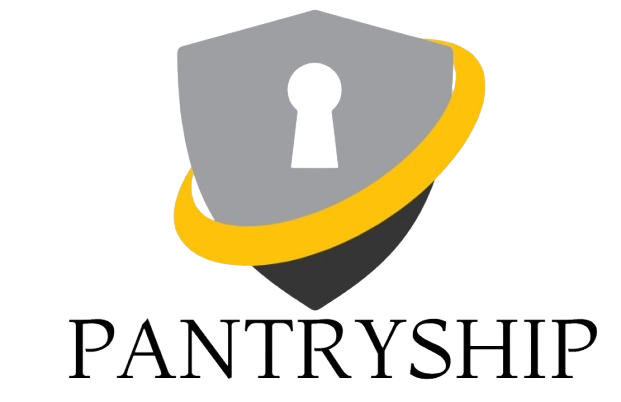We often think of journaling as a deeply personal act—a quiet space for reflection, release, and self-discovery. But what if your journal could be more than a private conversation with yourself? What if, with intention, it could become something larger: a bridge to future generations, a gift of wisdom, or a reflection of your values?
This is the power of legacy journaling—a purposeful practice of writing not just for yourself, but for the ones who come after you. Drawing from Merle Saferstein’s powerful chapter in The Great Book of Journaling, this concept invites us to consider our journals as more than memory banks. They can become living documents, deeply human artifacts of who we are and what we believe.
Journaling Beyond the Self
As Eric Maisel has often noted, journaling is a tool for self-awareness. It’s where we sort through chaos, document insights, and care for our mental and emotional well-being. But legacy journaling shifts the focus. Instead of asking, “What do I need to express today?” you ask, “What do I want to leave behind?” It becomes a way to distill meaning from your life’s experiences—not to perfect them, but to illuminate them for others.
Unlike private journaling, which is often messy and uncensored, legacy journaling is intentional and curated. It’s about choosing which pieces of your story to preserve, which lessons to emphasize, and which parts of your journey might serve others—your children, grandchildren, or even people you may never meet.
The Tapestry Approach: Weaving Your Life’s Threads
When Merle Saferstein looked at her decades of personal journals—over 350 volumes—she realized she couldn’t leave them untouched to her children. They were written for her, full of raw thoughts that weren’t meant to be inherited. But she also recognized a deeper desire: to share the essence of her life.
So, she began untangling her experiences into what she calls a tapestry. She identified around seventy distinct topics—like parenting, marriage, loss, personal growth—and carefully combed through her journals to extract passages related to each. These selections were then compiled into a new kind of document: one organized not by date, but by meaning.
It’s an elegant metaphor. Our lives are tapestries, full of overlapping threads that only make sense when viewed from the right distance. Legacy journaling allows you to untangle those threads and offer them, one by one, to those who will one day seek to understand who you were.
Why Write a Legacy Journal?
Because stories matter. Because voices fade. Because values, once lived, deserve to be remembered.
As Saferstein puts it, “A legacy journal in any form is a gift to the person who writes it as well as a gift to those who are fortunate enough to receive it.” In writing it, you reflect. In sharing it, you connect.
Legacy journaling isn’t about crafting a perfect narrative—it’s about preserving truth. It’s about showing that life is complex, that emotions evolve, and that the journey is what makes the destination meaningful. Your future readers won’t be looking for perfection; they’ll be looking for you.
Ways to Leave a Legacy Through Writing
There’s no one way to create a legacy journal. Here are a few powerful forms it might take:
- Legacy Love Letters: Celebrate key life events—birthdays, graduations, weddings—by writing heartfelt letters that express your love, hopes, and stories. These timeless keepsakes can be stored and delivered at pivotal moments.
- Ethical Wills: These aren’t legal documents, but spiritual ones. They capture the essence of your values, beliefs, and life lessons. An ethical will is your opportunity to say, “This is what I learned from living,” and offer that hard-won wisdom as a gift.
- Dedicated Journals: Write a journal for someone—maybe a child, grandchild, or loved one. Begin it at their birth and continue adding entries as they grow. Over time, it becomes a deeply personal map of your thoughts and love for them.
- Memoirs and Autobiographies: While these are larger undertakings, they serve the same purpose: to preserve your voice, your struggles, your growth, and your legacy in a way that others can read, learn from, and cherish.
A Final Word: The Power of Choosing What to Share
Legacy journaling doesn’t mean you have to share everything. In fact, much of what we write privately should remain private. But through reflection, you can select what deserves to live beyond you. What wisdom do you want your children to know? What lessons did you learn the hard way that might save someone else pain? What values guided your life that you hope will guide theirs?
In a world that moves faster than ever, where voices are often lost in the noise, a thoughtfully written journal—crafted with legacy in mind—can become an anchor. A way to say, “This was me. This is what I cared about. And this is what I want you to carry forward.”
So yes, journal for yourself. But consider journaling for someone else, too. Not for applause. Not for history. But because your story—your real, imperfect, honest story—might be the most meaningful thing you ever leave behind.

